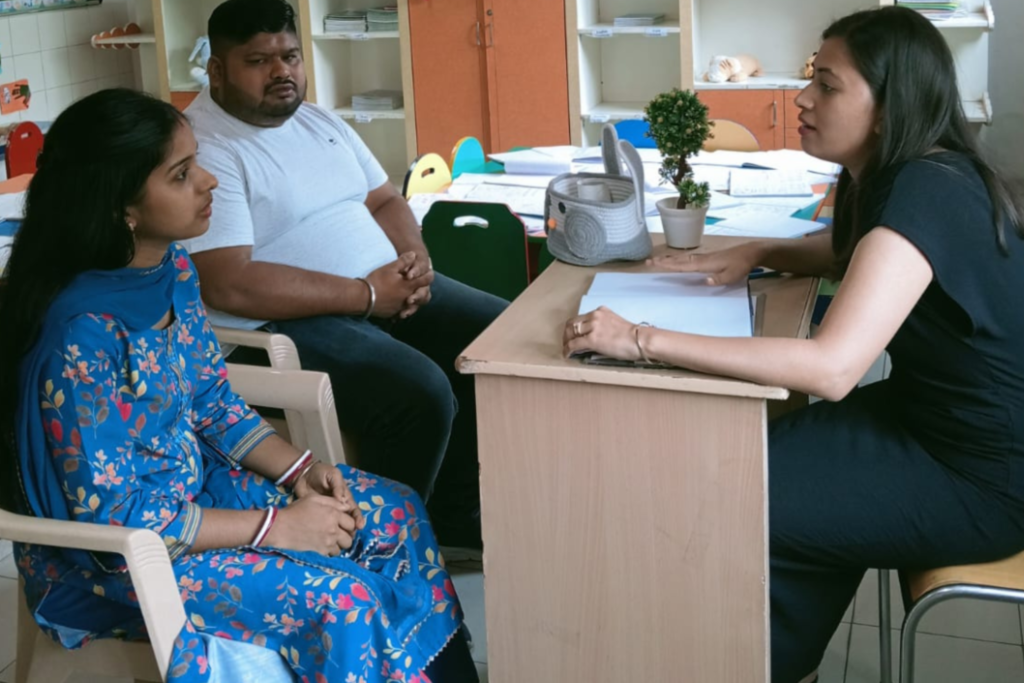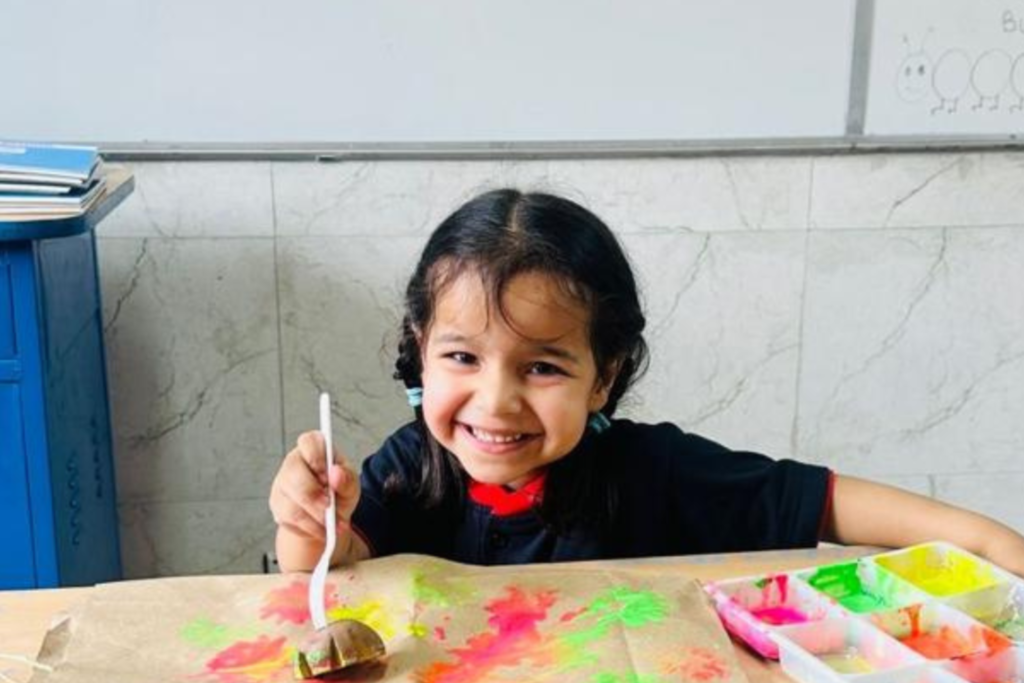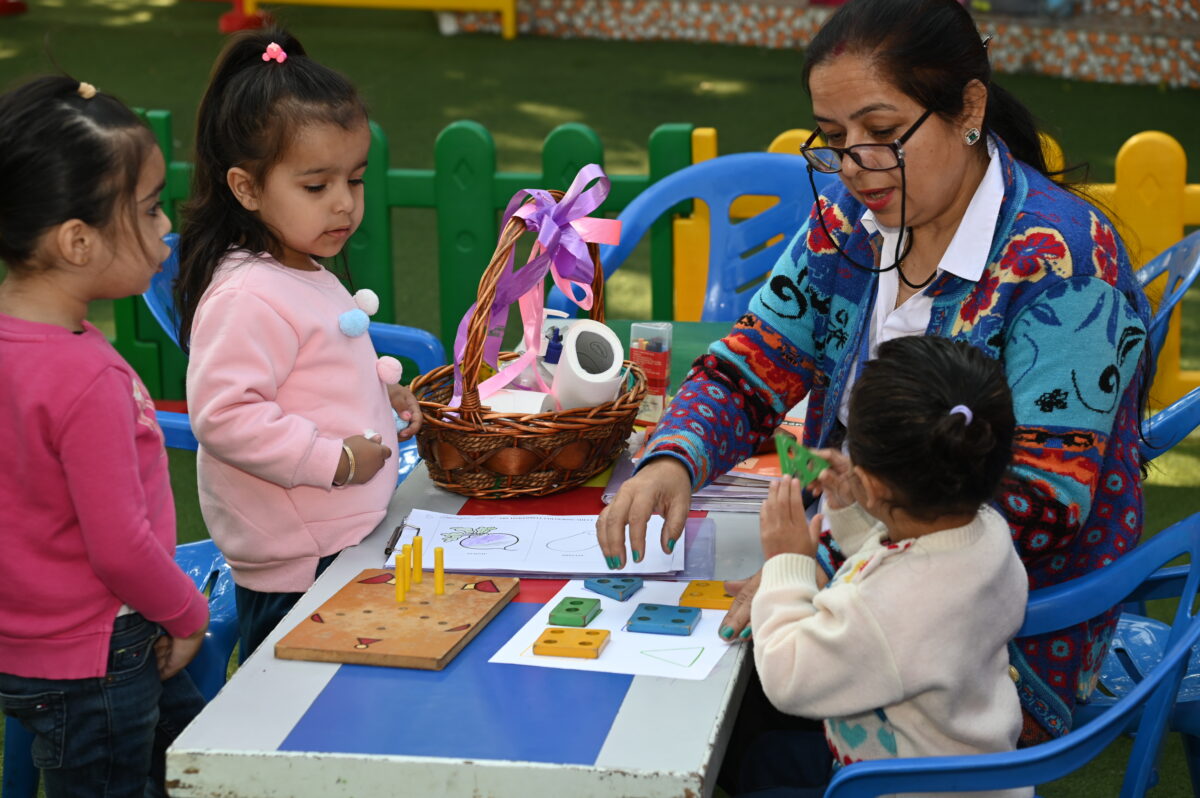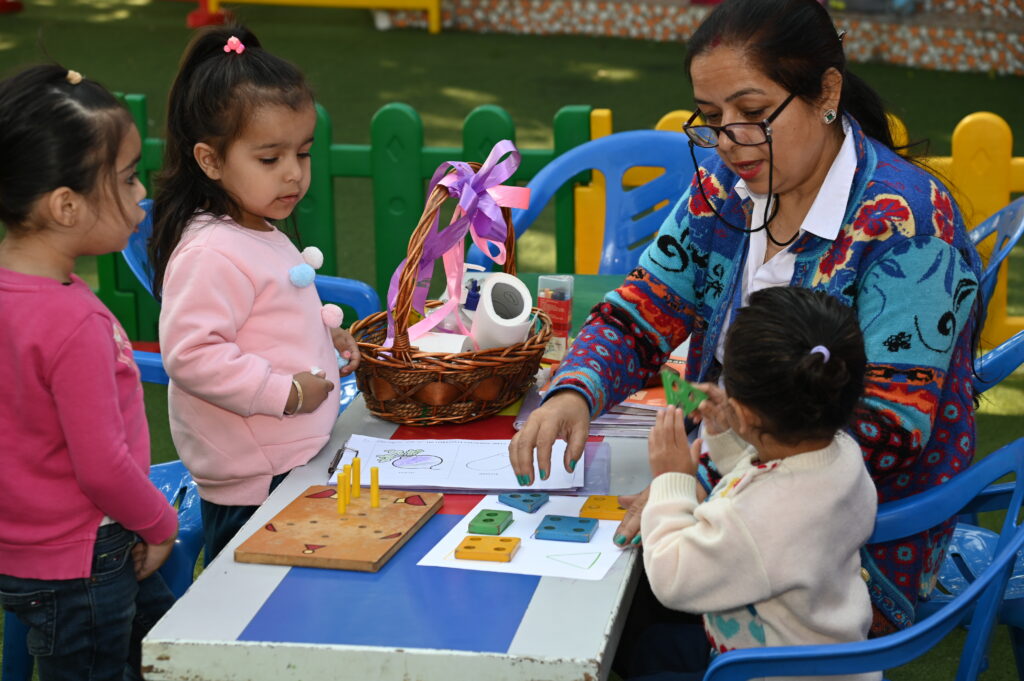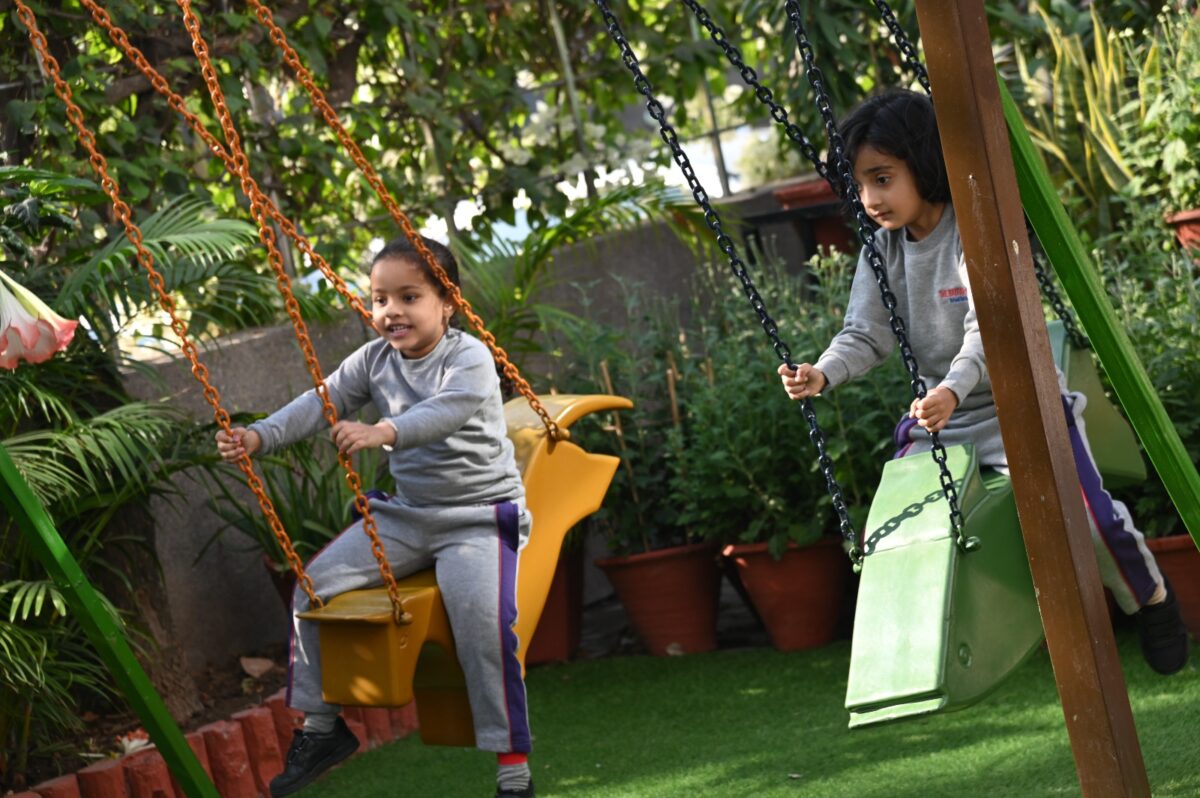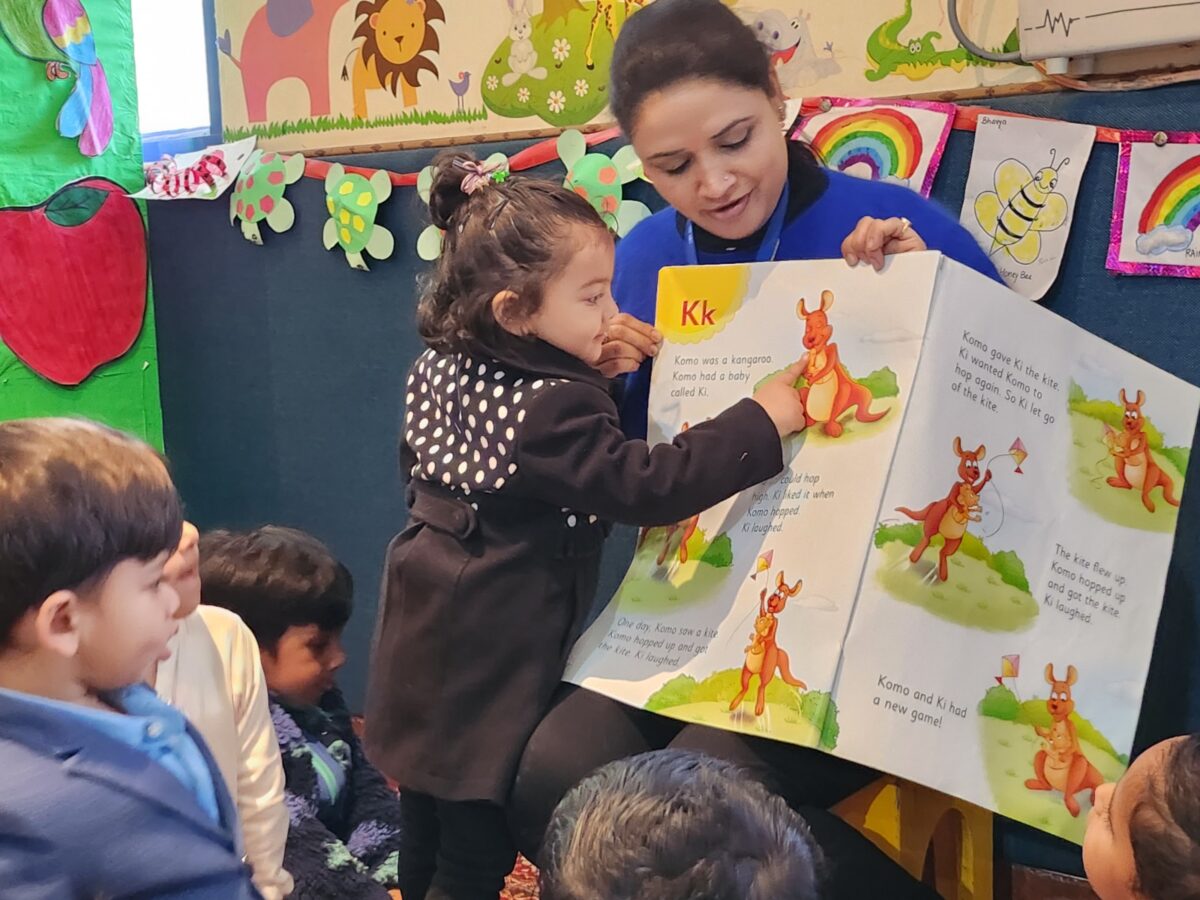In today’s digital age, screens have become an essential part of our daily lives. Whether it’s for educational apps or entertainment, screens offer numerous benefits. However, it’s important to manage screen time for young children to support their overall development and well-being. Here are some friendly guidelines and Tips for Managing Screen Time for Young Children with Activities
Too much screen time can have several downsides for young children, such as:
Reduced Physical Activity
Spending a lot of time on screens can lead to a more sedentary lifestyle, which might impact physical health. Kids who spend too much time in front of screens could miss out on chances for physical exercise, which is super important for their growth and development.
Tips for Managing Screen Time for Young Children with Activities with Sleep Disruptions
Spending time in front of screens, especially before bedtime, can really mess with your sleep patterns. The blue light from screens can reduce the production of melatonin, the hormone that helps you drift off to sleep. This might make it tougher for you to fall asleep and can also affect the quality of your rest.
Social Skills Development
Relying too much on screens can get in the way of building important social skills. Young children pick up these skills best through face-to-face interactions. When they spend too much time on screens, they miss out on these valuable chances, which can impact their ability to communicate and connect with others effectively.
Attention and Focus Issues
Spending too much time in front of screens can make it tough for kids to concentrate and stay focused on their tasks. The quick-changing images and fast-paced content can train their brains to crave constant excitement, which can make it challenging for them to engage with slower-paced activities.
Tips for Managing Screen Time for Young Children with Activities
Set Clear Limits
Establish clear rules regarding screen time. The American Academy of Pediatrics recommends that children aged 2 to 5 years should have no more than one hour of screen time per day. Consistent limits help children understand boundaries and the importance of balancing screen use with other activities.
Create a Schedule
Set aside specific times for screen use, like after homework or chores. Being consistent helps kids understand and follow the rules. Having a structured schedule ensures that screen time doesn’t get in the way of other important activities.
Prioritise Quality Content
Select educational and age-appropriate material. Look for apps, games, and shows that inspire learning and ignite creativity. High-quality content not only provides educational advantages but also fosters cognitive development.
Tips for Managing Screen Time for Young Children with Activities with Encourage Active Participation
Get involved with your child during screen time! Chat about what they’re watching, ask them questions, and suggest fun interactive activities. This not only makes screen time more enjoyable but also boosts their learning and critical thinking skills.
Avoid Screens Before Bedtime
Try to limit screen time at least an hour before bedtime to help ensure a restful night’s sleep. Instead, encourage soothing activities like reading a book or sharing a story. These calming routines help children unwind and get their bodies ready for a peaceful rest.
Balancing Screen Time with Other Activities
Promote Physical Activity
Encourage outdoor play and fun physical activities! Activities like running, biking, and playing sports help children stay active and healthy. Regular physical activity is essential for their physical development and overall well-being.
Tips for Managing Screen Time for Young Children with Activities with Foster Creativity
Offer plenty of chances for creative play, like drawing, painting, building with blocks, or moulding with clay. These fun activities spark the imagination and enhance fine motor skills. Plus, creative play is great for boosting cognitive and emotional growth.
Encourage Social Interaction
Organize playdates and group activities to support children’s social skill development. Engaging with peers is crucial for their emotional and social growth. These experiences teach kids how to share, cooperate, and form meaningful relationships
Incorporate Educational Activities
Balance screen time with fun educational activities like reading, puzzles, and board games. These activities not only boost cognitive skills and critical thinking but also offer a hands-on, interactive way to learn and grow.
Model Healthy Screen Habits
Children learn a lot by watching the adults around them. Show them healthy screen habits by keeping your own screen time in check and enjoying other activities. By demonstrating a balanced approach to screen use, you set a great example for kids to follow.
Tips for Managing Screen Time for Young Children with Activities to Parents
Be Consistent
Consistency is crucial when managing screen time. Stick to the established rules and schedule to create a routine. Consistent enforcement of rules helps children understand expectations and the importance of balance.
Use Screen Time as a Reward
Consider using screen time as a reward for completing tasks or demonstrating good behavior. This approach helps children appreciate the value of balancing screen time with other activities. It also provides an incentive for positive behavior and task completion.
Create Screen-Free Zones
Designate certain areas of the house, such as the dining room and bedrooms, as screen-free zones. This encourages family interaction and healthy habits. Screen-free zones promote engagement in other activities and foster a more balanced lifestyle.
Communicate Openly
Talk to your child about the importance of balancing screen time with other activities. Explain the benefits of a healthy lifestyle and the potential drawbacks of excessive screen use. Open communication helps children understand the reasons behind the rules and encourages cooperation.
Tips for Managing Screen Time for Young Children with Activities with Stay Informed
Keep up-to-date with the latest research and recommendations on screen time for children. This helps you make informed decisions and adjust guidelines as needed. Staying informed ensures that your strategies are based on current knowledge and best practices
Conclusion
Managing screen time for young children is crucial for their overall development and well-being. By setting clear limits, prioritising quality content, and balancing screen time with other activities, parents and caregivers can help children develop healthy habits that will benefit them throughout their lives. Remember, the goal isn’t to eliminate screen time entirely but to ensure it’s used in a balanced and beneficial way. By fostering this balanced approach, you can support your child’s growth and development in all areas of their life.
